Health
Number of results stories covering this topic: 15
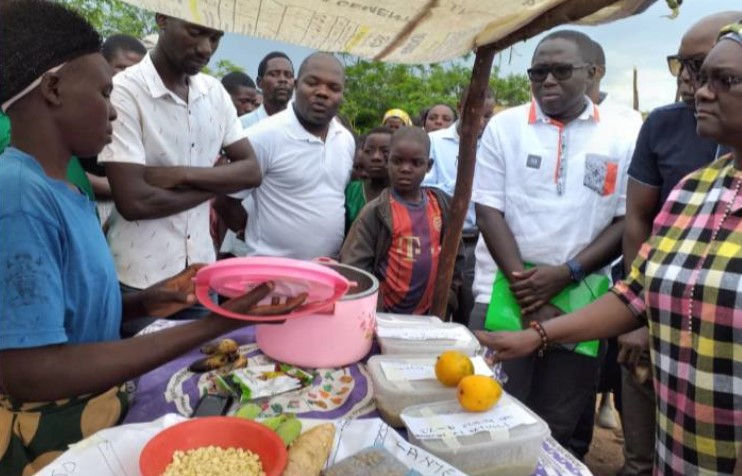
Multisectoral Community Mobilization for Stunting Reduction
After close to 15 years of relatively successful nutrition policy development and programming, Senegal is at a crossroad to renew the policy and programming environment that will help the country deal with the more deep-rooted problems of malnutrition. This requires enhanced multisectoral engagement and community dialogue as outlined in the…
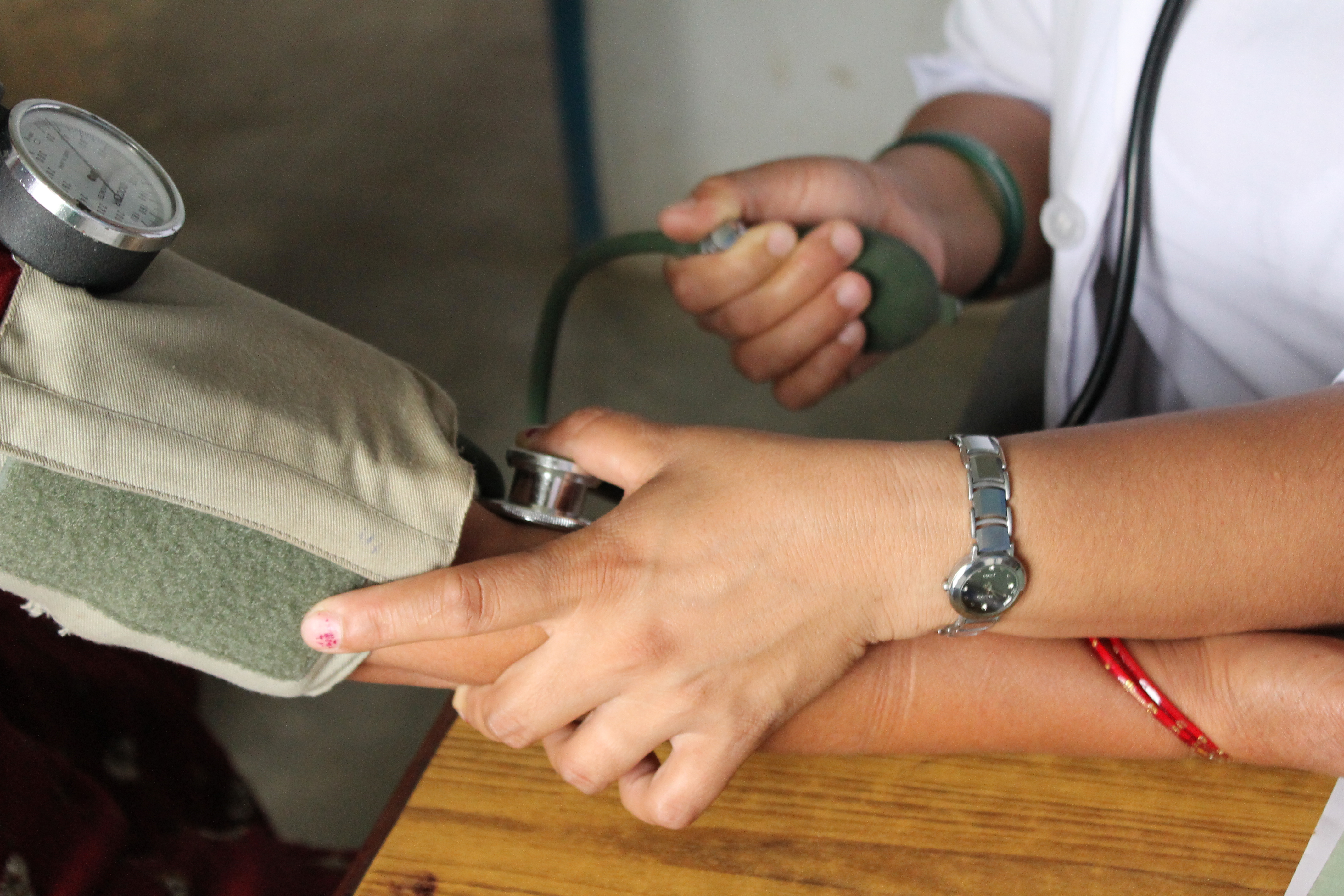
Health Sector Reform in Paraguay
Paraguay operates a fragmented health care system with three major health provider networks namely the Ministry of Health, the Institute for Social Security and thirdly, a range of private sector providers. This fragmentation has led to inefficient resource allocation, duplication in service delivery and inequality in health service utilization…
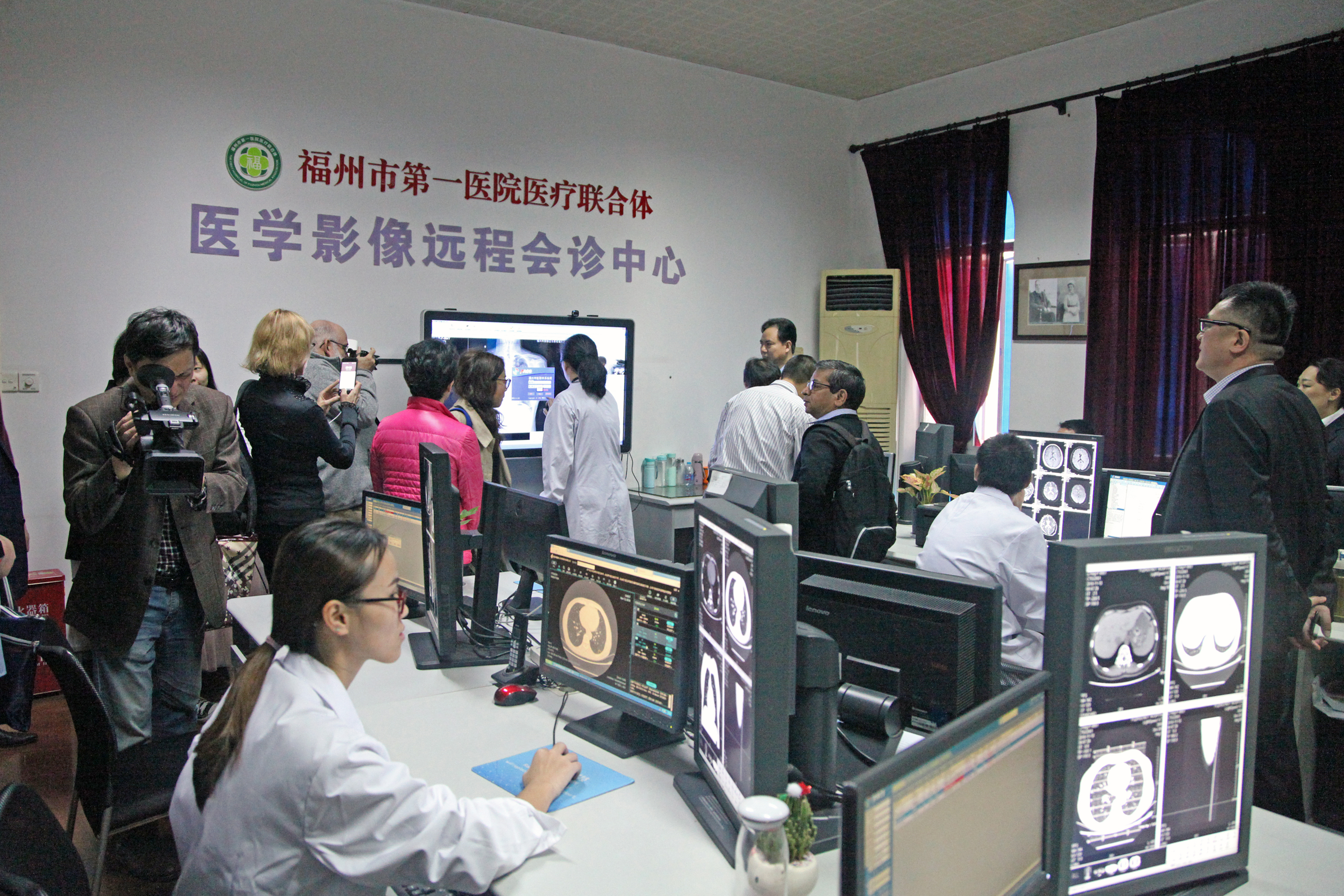
Building Value-based Health Service Delivery Systems in Vietnam
Health systems around the world are working to tackle the challenge of ageing populations and a rising burden of noncommunicable diseases (NCDs) and chronic conditions. These changing demographic and epidemiological profiles are associated with increased needs for long-term care and social care services, in settings that are appropriate and…
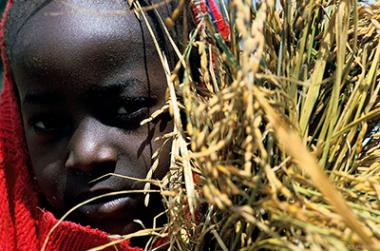
Strengthening nutrition programs in West African countries
The Governments of Senegal, Ghana, and the Gambia sought to strengthen their capacity to reduce rates of malnutrition. Through a series of peer reviews in nutrition, officials from these countries identified new directions for reform, and enhanced their skills and commitment to design nutrition programs. They also integrated lessons from these…
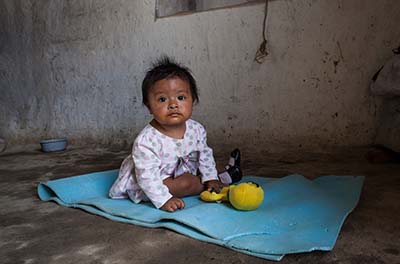
Lessons Spread to Combat Malnutrition in Central America
Chronic malnutrition, or stunting, is a serious problem in Central America. Stunting rates in El Salvador, Guatemala, Honduras, Nicaragua, and Panama are greater than 20 percent and the cost of malnutrition in these countries is estimated to range from 2.3 to 11.4 percent of GDP.1 A growing number of studies show that community-based growth…

Improving Delivery of Health Services in African Countries
Health officials across the globe are increasingly interested in improving the quality of health care and its value for money, and consider Public-Private Partnerships (PPPs) as one way to achieve these goals. In 2012, senior staff from the International Finance Corporation (IFC) and the World Bank’s Africa Unit organized an exchange in which…
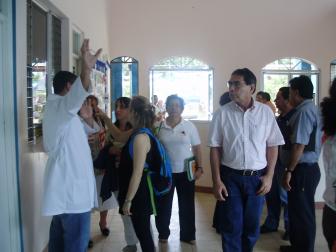
Strengthening the institutional capacity of the Nicaraguan Ministry of Health
To improve the management and delivery of health services to its citizens, and address equity, efficiency, and access gaps in its public health sector, the Government of Nicaragua engaged in an exchange with Argentina. They learned new payment mechanisms that will help improve the quality of preventative care, and provision of basic health care…
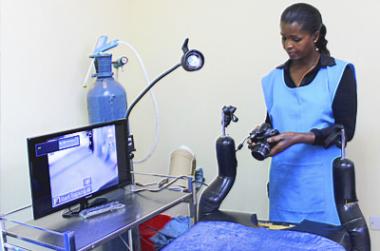
Strategies for Tackling Non-Communicable Diseases in Africa: The Case of Cancer Care and Control
The Cancer Care and Control South-South Knowledge Exchange brought together stakeholders from five countries in Africa — Botswana, Kenya, Rwanda, Uganda and Zambia — to share experiences, lessons, and good practices. All five countries have initiated various programs to tackle the growing burden of cancer and have much to learn from each other.…
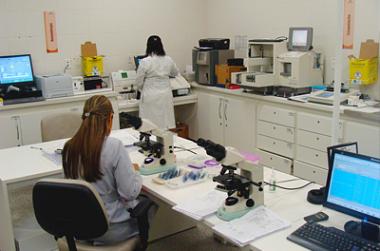
South-South Exchange to Improve the Management of Health Technologies in the Public Health System
The Governments of El Salvador and Nicaragua faced a mutual challenge on how best to protect recent investments in new and sophisticated medical equipment. On the other hand, Brazil had positive experiences in developing policies and administrative procedures for maintaining and repairing equipment that would increase longevity and efficiency of…
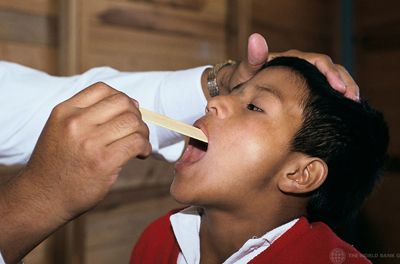
Belize, Honduras, Jamaica, and Mexico Work Together to Strengthen Conditional Cash Transfer (CCT) Programs
Conditional Cash Transfer (CCT) programs in Latin America and the Caribbean (LAC) have improved the lives of millions of poor households across the region by improving children’s education and health (human capital), reducing poverty, and ensuring a minimum income for the poorest households. Implementing CCT programs requires significant…
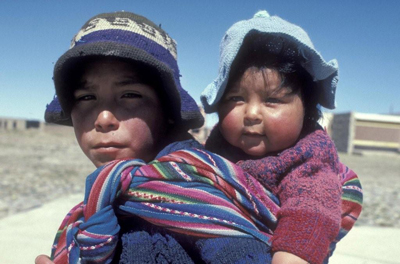
Improving Programs to Tackle Extreme Poverty in Bolivia
Poverty and inequality are harsh realities in Bolivia. In spite of targeted social programs, 59 percent of the indigenous and 62 percent of rural populations still live in extreme poverty.1 Looking to improve social programming for these groups, a special unit in Bolivia’s Ministry of Planning—Unidad de Análisis de Políticas Sociales y Económicas…

Enhancing the Administrative Capacity of Vietnam’s Ministry of Health to License Medical Professionals
Countries must license medical professionals to ensure health safety and service quality. Vietnam’s Ministry of Health (MOH) was tasked with developing a medical registration and licensing system for Vietnam that would meet Association of South East Asian Nations (ASEAN) standards. Faced with a legally mandated deadline, the ministry asked the…
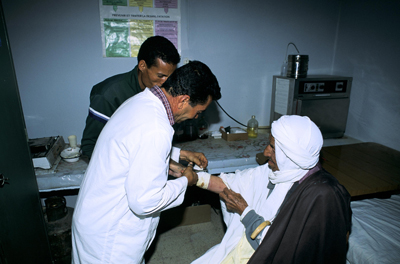
Building Knowledge to Reform Hospital Management in Senegal
Reforms granting autonomy to Senegalese hospitals in 2002 did not lead to improvements in hospital performance or financial management. Less than ten years after the reforms, a World Bank study requested by Senegalese policymakers found that hospitals were struggling financially and that management was not sufficiently accountable to any entity.…
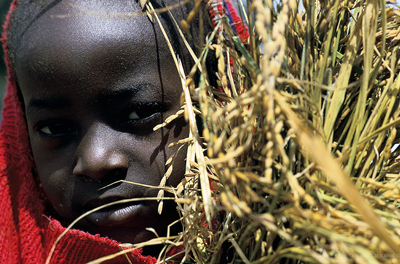
Developing an Effective Nutrition Sector in Malawi
Malawi has the highest rate of chronic malnutrition in Africa. To improve the lives of millions of Malawians and fight malnutrition, the government is scaling up nutrition interventions and making these programs central to development. However, Malawi needed to build capacity for effective implementation and policy leadership, as well as…
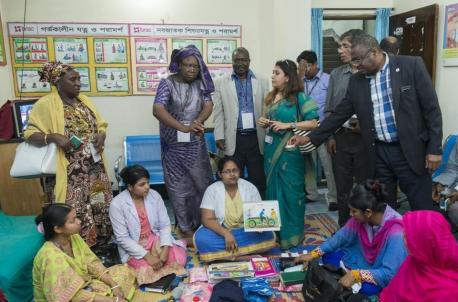
Improving Population Health Outcomes in Africa’s Sahel Region
Many Sahel countries in Africa are expected to nearly double their population by 2030 due to high fertility rates. Meanwhile, since 1970 in Bangladesh, which has a similar religious context and other shared development challenges as the Sahel, the fertility rate declined from 6.3 to 2.3 births per woman and the rate of contraceptive users…

 China
China Colombia
Colombia Denmark
Denmark India
India Indonesia
Indonesia Mexico
Mexico Russian Federation
Russian Federation Spain
Spain United Kingdom
United Kingdom